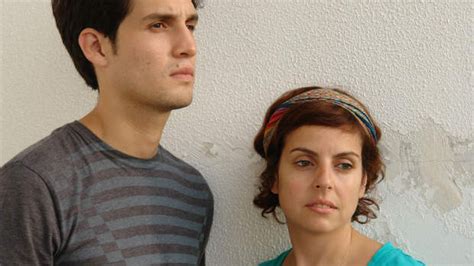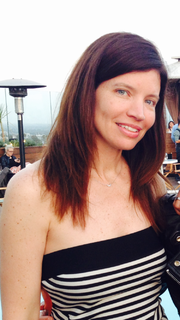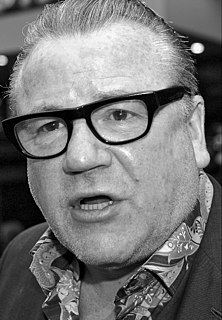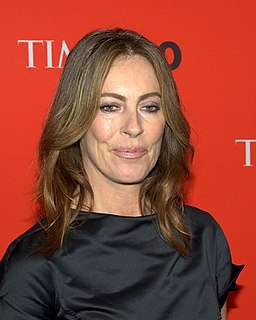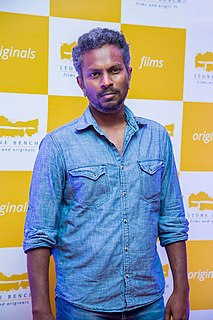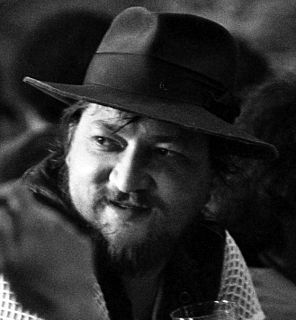A Quote by Rania Attieh
My biggest advice for women writer/directors is to always be attempting to make work that avoids pandering to the conceptions that the industry has put in place for "women directors."
Related Quotes
Most directors, I discovered, need to be convinced that the screenplay they're going to direct has something to do with them. And this is a tricky thing if you write screenplays where women have parts that are equal to or greater than the male part. And I thought, 'Why am I out there looking for directors?'—because you look at a list of directors, it's all boys. It certainly was when I started as a screenwriter. So I thought, 'I'm just gonna become a director and that'll make it easier.'
We're still at a point where women [directors] aren't allowed to be mad visionaries. We have to prove beyond a shadow of a doubt that we're responsible, that we can handle it, that we've got all our ducks in a row . . . most women who direct always come in on budget, always come in on schedule, and if they were wild and irresponsible it would not be put down to brilliance, but to a general flakiness.
I have always firmly believed that every director should be judged solely by their work, and not by their work based on their gender. Hollywood is supposedly a community of forward thinking and progressive people yet this horrific situation for women directors persists. Gender discrimination stigmatizes our entire industry. Change is essential. Gender neutral hiring is essential.
As an actor you're only as good as the things you're offered. And there just weren't any female directors offering me things. So when you dissect that, you realize there aren't women offering you things because they don't have the opportunities. I work to raise money for women's cancers; I use my voice for violence against women.
Today, although as a whole, the industry is still male-dominated, more women are drawing comics than ever before, and there are more venues for them to see their work in print. In the 1950s, when the comic industry hit an all-time low, there was no place for women to go. Today, because of graphic novels, there's no place for aspiring women cartoonists to go but forward.
